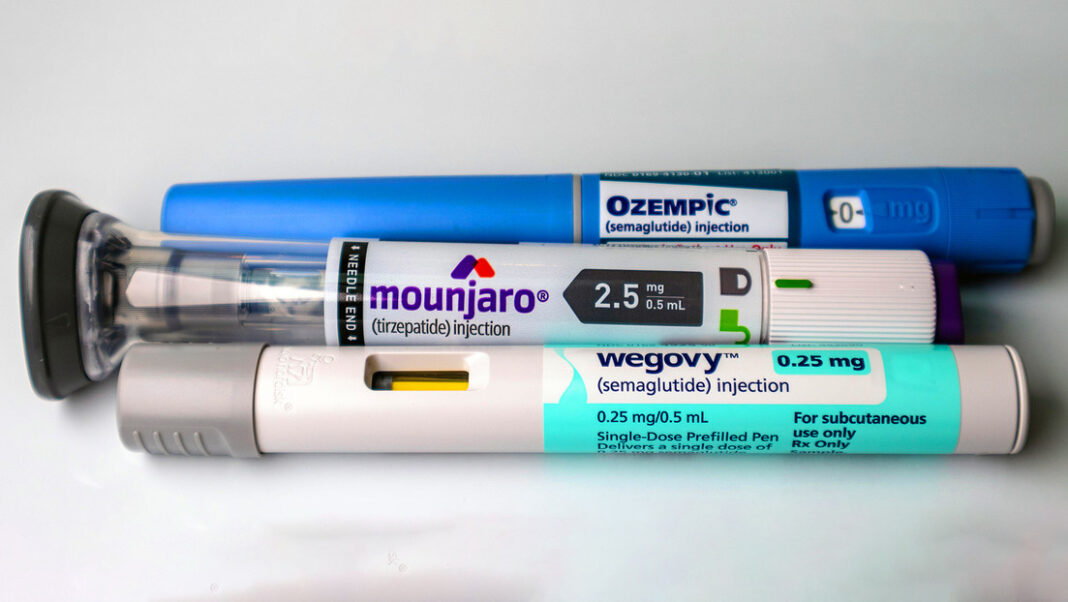The rise of weight loss wonder drugs is quietly transforming America’s dinner tables. Medications classified as GLP-1 receptor agonists—including household names like Ozempic and Wegovy—are not merely helping users shed pounds; they’re fundamentally altering food preferences and consumption habits, according to groundbreaking research from the Arkansas Agricultural Experiment Station.
Published in the respected journal Food Quality and Preference, this comprehensive study surveyed over 1,900 Americans who have experience with these wonder drugs, revealing patterns that could reshape the food industry landscape.
– The Changing American Plate –
Researchers discovered a significant shift in dietary choices among medication users. Processed foods—once staples in many American households—saw dramatic decreases in consumption, alongside substantial reductions in soda intake, refined grains, and beef products.
Similar declining patterns emerged for pork, alcoholic beverages, dairy milk, fruit juices, and starchy vegetables. The study noted more modest reductions in poultry, seafood, whole grains, coffee, and plant-based alternatives.
Perhaps most intriguing was the revelation that despite these wonder drugs suppressing appetite, many participants reported persistent cravings for processed foods and sugary drinks. The researchers emphasized that only fruits, leafy greens, and water consumption showed consistent increases across study participants.
– Industry’s Adaptation Challenge –
“Food companies are already pivoting their strategies,” noted Professor Brandon McFadden, highlighting emerging marketing initiatives targeting GLP-1 users. He cited examples including specialized nutrition bars designed for medication users and a prominent American restaurant chain that recently launched a dedicated menu section catering to this growing demographic.
Professor Jayson Lusk elaborated on potential industry disruptions, explaining that continued adoption of these medications could significantly depress demand for processed food products. However, he remained optimistic about new opportunities, stating that companies “will find growth potential as demand increases for fruits and vegetables.”
The implications extend beyond corporate boardrooms to agricultural planning, nutrition policy, and public health initiatives—suggesting that these wonder drugs may be catalyzing a nutritional paradigm shift with far-reaching consequences.
If you enjoyed this article, share it with your friends or leave us a comment!







